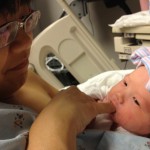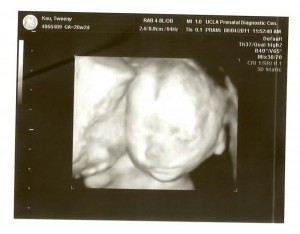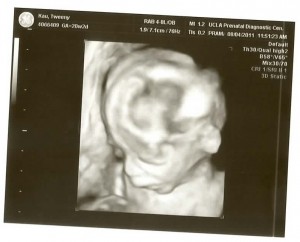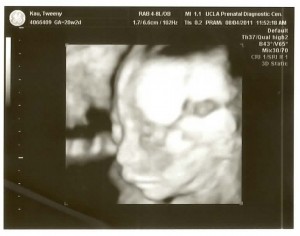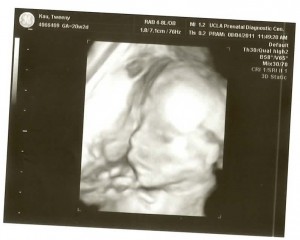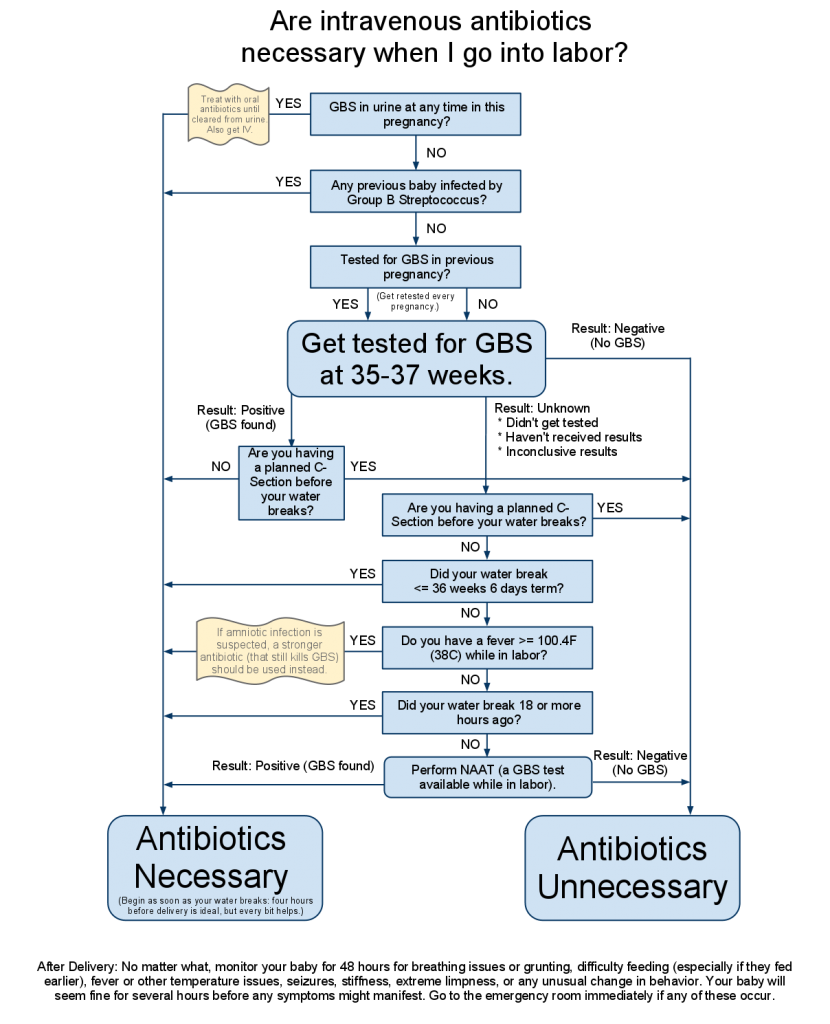About three months ago Marti from Group B Strep International asked if I would be interested in writing up something about all the various “alternative remedies” and “alternative treatments” for GBS and how effective they were.
I said “sure!” And here it is, 3 months later (also available as a 1-page word doc):
Group B Strep and Alternative Remedies
The CDC has a clear protocol for treating GBS in pregnancy; test every pregnant woman for the presence of the bacterium at 35-37 weeks and if found administer an antibiotic IV when water breaks or labor begins.
This is the only treatment that the CDC has found to be effective against GBS, but it works very well. There are two reasons why.
1. Group B Strep Comes Back
GBS is everywhere in our environment. Until a GBS vaccine is developed, it is impossible to eradicate it permanently. GBS colonization will often return to a healthy woman within just hours of using antibiotics.
2. Group B Strep Is Weak
GBS is not a particularly “strong” bacteria. Although many people are colonized, only those with very weak immune systems actually get infected.
This is why the only effective technique against early-onset GBS infection in newborns is an intrapartum antibiotic IV. It eradicates GBS exactly when the baby is susceptible.
Alternative Remedies Target the Wrong Things
Unfortunately, all known alternative remedies fall into one of two equally ineffective strategies: they seek to eradicate GBS before labor (even if effective, GBS will likely return quickly), or they seek to strengthen the immune system of the mother (already plenty strong) or child (far too weak without the help of an injection of powerful antibiotics). Even when successful, they are ineffective.
The following alternative remedies are ineffective against GBS because they seek to eradicate GBS before labor and delivery (or because when used during labor and delivery, they have not been shown to work):
• Oral antibiotics (penicillin, ampicillin, clindamycin, etc..)
• Intramuscular antibiotics (Note: “None has proven to
be effective at preventing early-onset GBS disease.”)
• Chlorhexidine bath or wipes such as Hibiclens (Note: “Randomized clinical trials have found no protection against early-onset GBS disease or neonatal sepsis.”)
• Garlic capsules/suppositories, Boric Acid suppositories (Note: Target MRSA and yeast infections, respectively. Not GBS.)
• Douching with hydrogen peroxide/diluted bleach water/lavender oil/yogurt (Note: douching at all is dangerous.)
• Propolis (Note: Targets salmonella. Not GBS.)
• Tea Tree Oil (Note: Targets staph infections and lice. Not GBS. Very toxic if swallowed.)
• Apple Cider Vinegar (Note: Slightly dangerous, unregulated; no known antibiotic properties.)
• Colloidal Silver (Note: “Lack of proven effectiveness and risk of adverse side-effects, such as argyria.”)
The following alternative remedies are ineffective against GBS because they seek to strengthen immune systems:
• Getting lots of sleep, keeping a good diet, and exercising.
• Vitamin C and Herbal Tea
• Breast feeding (Note: Colostrum helps a baby’s immune system, but unfortunately is not nearly enough to protect a newborn against GBS.)
• Skin-to-skin contact (Note: Soothes newborns and promotes breastfeeding, but does not protect against GBS.)
• Probiotics such as acidophilus/lactobacillus (Note: Targets digestion and bacterial vaginosis, not GBS.)
• Congaplex (Note: “These products are not intended to diagnose, treat, cure or prevent any disease.”)
• Echinacea (Note: “Has “no clinically significant effects” on rates of infection or duration or intensity of symptoms.”)
• Grapefruit Seed Extract (Note: “Independent studies have shown the efficacy of grapefruit seed extract as an antimicrobial is not demonstrated.”)
• Goldenseal Root, Oregon Grape Root, Astragalus Root, Burdock Root, and NF formula EHB (Note: You should not take any of these when pregnant!)
Another alternative some still recommend is to not test for GBS, but rather to only administer an antibiotic IV if a “high-risk” factor is present during labor. In fact, this was the CDC protocol before 2002. However, numerous studies since have shown that a much more effective protection method is to simply check for GBS directly each pregnancy. Therefore, the CDC changed their recommendation in 2002 and reiterated that recommendation in 2010.
GBS is a horrible disease that kills thousands of otherwise healthy newborns a year, and permanently disables even more. The tragedy is worsened by the fact that there is a universally available easy, cheap, and highly effective prevention method. No more babies need ever get sick or die from GBS.
(Personal note: We followed an alternative GBS regimen of acidophilus, echinacea, garlic capsules, vitamin C, grapefruit seed extract, and garlic suppositories when pregnant with our son Wren. He was 7 pounds, 20.5 inches and perfect after a normal labor and delivery at home. He breastfed then died 11 hours later from a Group B Strep infection in his lungs.)



